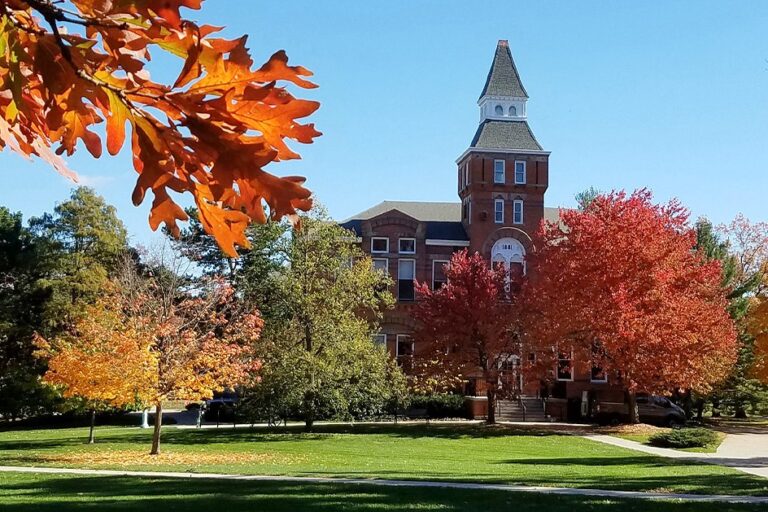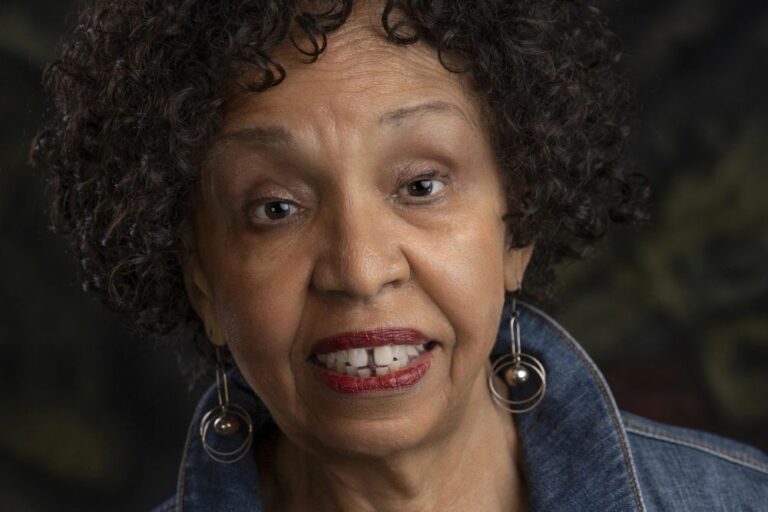
It is easy to deploy diversity rhetoric; by contrast, helping create an inclusive and just society is a monumental task, even more so, during tumultuous times. This is why, however well-intentioned, so many institutions and companies choose rhetoric. As we commemorate the anniversary of the end of slavery in the United States, we must commit to the hard, latter choice: doing what is just, what is right.
Many of us — especially in the Black community, but many others as well — are now despairing as we have done too often in our lifetimes. The pain in our communities is real, and it deserves deep consideration. Those doing work at MSU around diversity, equity, and inclusion (DEI) have chosen to intensify our efforts. Like all our fellow Spartans, we are accountable for doing the work with intention, compassion and humility.
There is good work being completed to advance DEI at the university level, and exceptional strides taking place in many colleges and units. Departments and units across campus are redoubling their efforts to create a more inclusive campus and committing to an essential element in creating change — accountability. Ongoing professional development around inclusion is also a necessary part of our plan for the future. The responsibility for creating a safe, respectful, and harmonious campus falls to each of us.
What follows is a list of resources and initiatives regarding this responsibility, as well as diverse options for engaging in DEI professional development at MSU. Please review these resources and get engaged. Combating structural and systemic racism, discrimination, and the ways in which everyday bias influences our daily interactions means each of us must do our part.
Education and development resources for faculty and staff:
- Understanding Implicit Bias Certification program, a series of three courses allows participants to experience thoroughly examined implicit bias and begin the work of interrupting their own biases as well as those embedded within systems at MSU.
- Standalone workshops, customized trainings, dialogue opportunities, and campus diversity and inclusion education partners available through MSU’s Office for Inclusion and Intercultural Initiatives.
- MSU ElevateU: Online DEI Learning Module Offerings
Education and development resources for students:
- The LBGT Resource Center offers a number of educational and development opportunities for our Spartans, including Understanding Pronouns, Understanding Trans and Nonbinary Identities, Quest I: Introduction to LGBTQA+ Identities, and Quest II: Deepening LGBTQA+ Understanding.
- Multi-Racial Unity Living Experience and Intercultural Aide Program and DEI Intercultural Aide Peer Educators host DEI roundtable discussions across all five neighborhoods on various DEI topics each week.
- The Office of Cultural and Academic Transitions supports individual students in their navigation of cross-cultural encounters and in their own understanding, exploration, and development of cultural identity.
DEI engagement opportunities for all:
- The Womxn of Color Initiatives (WOCI) is an effort to organize events for womxn of color and their allies on MSU’s campus and in the greater Lansing community. The initiative’s speaker series brings nationally recognized academic, creative, and/or political womxn of color speakers to the MSU campus each semester.
- The Annual Womxn of Color Community Conference for faculty and staff.
- Annual Gender, Women’s Suffrage, and Political Power (GWSPP) Conference occurs each November.
- The Annual Queer Conversations Symposium is a half-day symposium inviting conversations and collaboration on queer issues and research that highlights the queer work students are doing across disciplines and departments.
- Asian Pacific America Studies Initiatives hosts various speakers/workshops that highlight various Asian Pacific Islander Desi American scholar-activists and activists.
- Muslim Studies Program supports teaching and research about Muslims around the world from an interdisciplinary perspective.
- The Serling Institute for Jewish Studies and Modern Israel hosts the annual Rabin/Brill Lecture each February.
This by no means is an exhaustive list, but it gives you – our Spartan community – a glimpse of all of the ways in which we can educate ourselves, one another, and in turn, affect real and meaningful change by participating in purposeful action.
And our progress toward an equitable campus for all doesn’t stop with these resources and education opportunities. The 2020-2021 call for Creating Inclusive Excellence Grant proposals places as a priority those projects that will catalyze change at MSU and address racial inequities and promote racial equality within MSU. Faculty, students, and staff are invited to propose projects that will drive sustainable and meaningful systematic changes at MSU.
This is not a time for platitudes. It is a time to repair and act. Spartans are not only looking for programs, but they also are seeking more meaningful learning experiences that lead to structural changes to dismantle systemic racism and address bias in all its forms.
As we move toward a more equitable campus, we are committed to doing so through dialogue. For many of us, this dialogue can be uncomfortable. That is perfectly understandable. But the discomfort of unfamiliar territory and difficult conversations is indeed the pathway to creating a community that reflects what it truly means to be a full participant and member in the MSU community of now. I implore you, our Spartans, to join us.
Sincerely,
Paulette Granberry Russell, J. D.
CDO/Senior Advisor to the President for Diversity
Office for Inclusion and Intercultural Initiatives
For more information on how the College of Arts & Letters is maintaining inclusive practices, including statements from Dean Christopher Long and multiple College of Arts & Letters departments, visit http://www.cal.msu.edu/about/culture-of-care.


